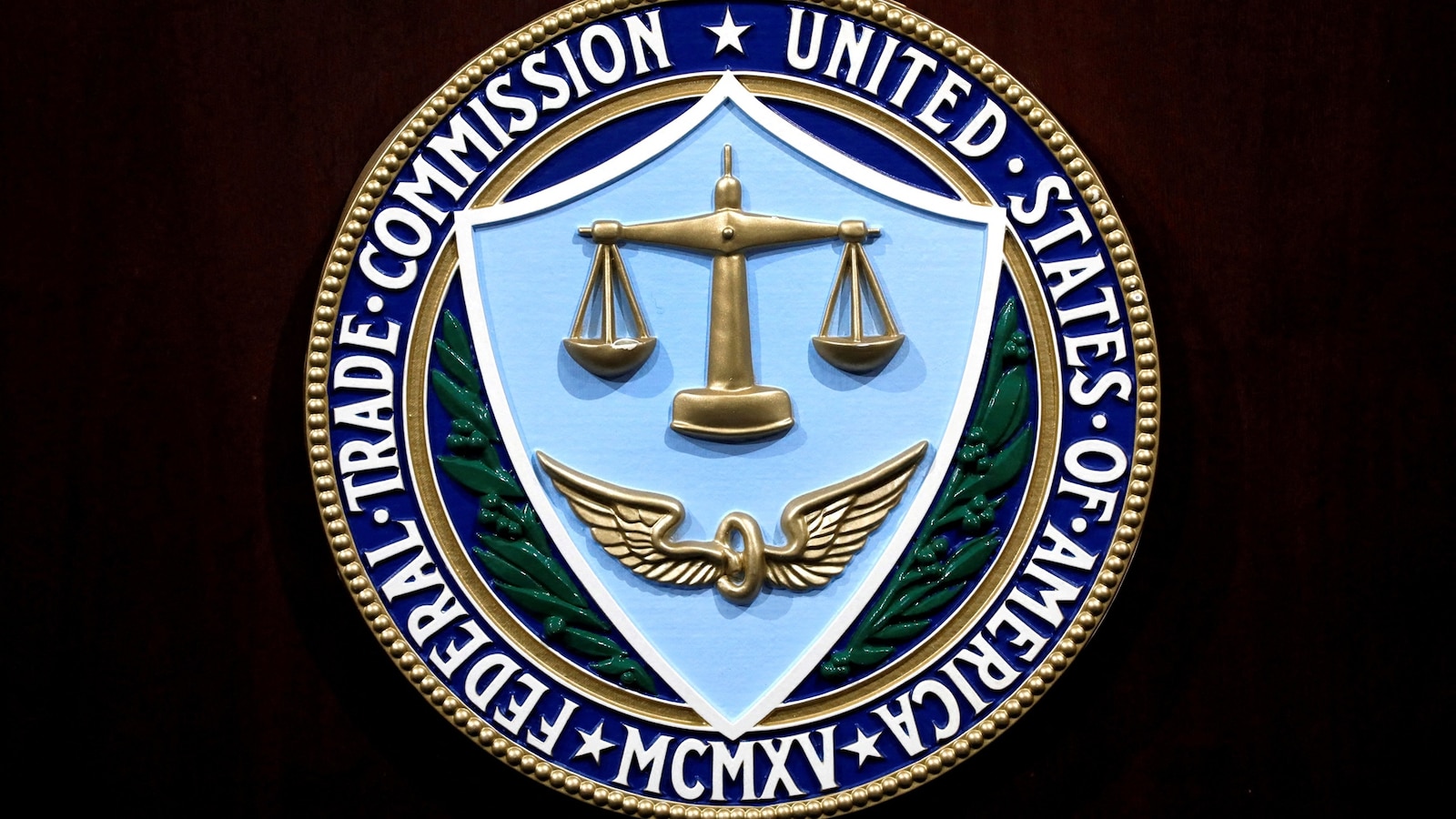In a sweeping change that could save American consumers time and money — the Federal Trade Commission (FTC) on Tuesday finalized a rule that would ban surprise “junk fees” for live event tickets, hotels and vacation rentals.
The rule would require businesses to disclose total prices upfront, rather than tacking on extra costs like “convenience fees” or “resort fees” when consumers check out online.
“Whatever price you see is the price that you are paying at the end, no more mystery surprise fees at the very end of the process, which really cheat consumers and also punish honest businesses,” FTC Chair Lina Khan said in an exclusive interview with ABC News.
The FTC said the final rule, which takes effect around April of next year, could save consumers 53 million hours in wasted time searching for the total price of live event tickets or short-term lodging — equal to about $11 billion in savings over a decade.
The rule would not stop businesses from charging fees. But they would be required to list prices clearly from the onset and to display the total cost more prominently on a website than any other price.
“This should really provide the American people with just some more clarity and confidence so they don’t feel like they’re getting cheated or having to be bait and switched by all of these deceptive pricing tactics,” Khan said. “This is really about saving people money and saving people time.”

The Federal Trade Commission seal is seen at a news conference at FTC headquarters in Washington, U.S., July 24, 2019.
Yuri Gripas/Reuters
The change is part of a broader push from the administration of President Joe Biden to lower costs as households have been plagued by stubborn inflation. Last week the Consumer Financial Protection Bureau announced a final rule to curb bank overdraft fees.
In a statement to ABC News, Biden said: “Today’s announcement builds on work across my Administration to ban junk fees and lower costs — saving many families hundreds of dollars each year.”
The U.S. Chamber of Commerce has opposed the rule, calling it “nothing more than an attempt to micromanage businesses’ pricing structures, often undermining businesses’ ability to give consumers options at different price points.”
The business lobbying group has already sued the FTC over other regulations, including a rule to ban noncompete agreements for millions of workers.
Asked about the likelihood the junk fee rule would face challenges in court, Khan told ABC News the FTC is on “firm legal grounds.”
“We’ve also seen bipartisan proposals in Congress to take on these junk fees in these in these industries,” Khan said. “I can’t predict the future, but I’d be very surprised if something that’s just common sense was going to be stripped away.”

In this file photo, Lina Khan, chair of the Federal Trade Commission, speaks at The Wall Street Journal’s Future of Everything Festival in New York City, U.S., May 22, 2024.
Andrew Kelly/Reuters
At the helm of the FTC, Khan has been credited with ushering in a new era of anti-trust regulation, challenging the business models of major corporations in industries ranging from Big Tech to pharmaceuticals. Her aggressive approach quickly made her a prominent target among conservatives and Wall Street investors.
President-elect Trump announced last week he nominated Andrew Ferguson, a current Republican FTC commissioner, to replace Khan.
“These junk fees have really proliferated across the economy, and I would want to make sure that future enforcers and future policy makers were taking on these junk fees across the economy,” Khan told ABC News.
As for her political future, Khan said she’s still laser-focused on her current role.
“I’m just focused on doing my job in the in the days and weeks we have left,” she said. “I’ve just been really thrilled to see the enormous support across the country for a strong and vigorous FTC.”

